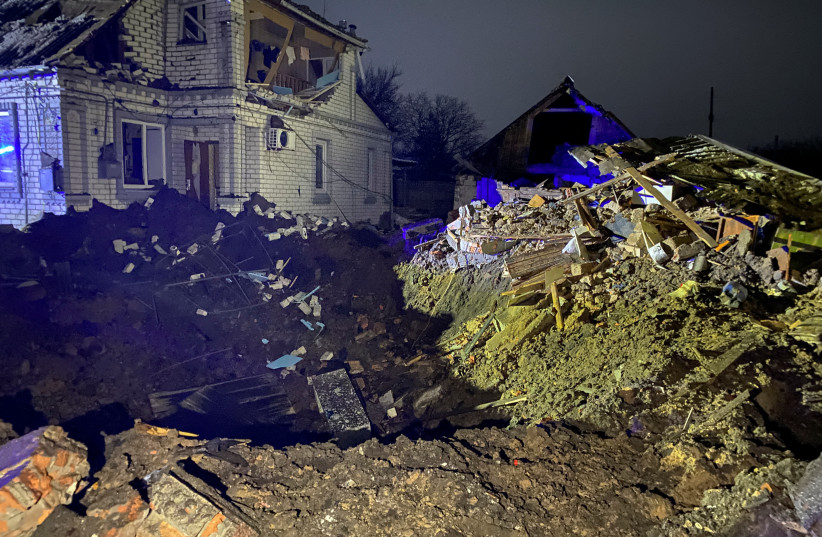In Ukraine, people are cold. With the harsh winter already well underway, there is no heating, no lighting and no running water for several hours a day. The Russian missiles directed at the cities and electrical infrastructure are targeting civilians. It is a real-life slow torture, physically and psychologically, which has been inflicted on the whole population.
This criminal brutality is added to that which has been permissively deployed since the beginning of the Russian aggression: the women raped, the children abducted under the guise of family placement in Russia and the massacres of innocent people thrown into mass graves.
These are mass crimes that take place every day on European soil.
In order to cope, the aid sent to Ukraine is reaching new heights. However, little support is reaching the people on the spot and their situation is getting worse.
Why is this so? How can we best help them?
The overwhelming majority of aid is sent to large NGOs and international organizations. For both institutional donors and individual donors, this represents a guarantee of seriousness, an assurance that the money will not be wasted through corruption and an opportunity to communicate more easily.

However, these organizations are not used to working with local institutions and associations in times of war, whereas in Ukraine, the system is robust: the central state continues to function, in a fine-tuned articulation with local authorities and civil society organizations.
The approaches, habits, representations and cultures of the large NGOs and international organizations push them to intervene by substituting themselves for a state that is often greatly weakened even when it has not collapsed from war. These same reasons also push them to do little to strengthen the capacities of the countries in which they intervene, thus creating a dependency and situations of great fragility when they leave.
In the Ukrainian configuration, they don’t really know how to do this. Moreover, their learning curve is slow. As a result, they often act next to the real needs, the waste of money is massive and the Ukrainian population suffers.
On the contrary, since February, local actors in Ukraine and elsewhere in Europe have been organizing solidarity in an efficient way. This is a new field of action for them. Indeed, while local international cooperation traditionally exists in times of peace, it is almost non-existent during a war, especially when it concerns displaced populations.
The war in Ukraine has brought to light the possibility of such cooperation because this time governments are not preventing it, as was the case during the conflicts in Syria, Iraq and Afghanistan. However, they do not organize it either.
Many cities, regions, agglomerations and civil society organizations have seized the new opportunity for international solidarity that has arisen with this new political and institutional configuration. They are listening to the populations, who are clearly expressing their priorities: beyond the long-term reception for which there is now little demand, respite stays for children, transplanted classes, psychological support, material equipment, and help in rebuilding destroyed homes and renovating living spaces for displaced persons who have remained in Ukraine.
In order to best respond to these demands, local communities and associations need assistance, including intermediation, skills enhancement and financial reinforcement.
The stakes are high for Ukraine and beyond.
Developing innovative, non-centralized governance in Europe for support to victims of war, including displaced persons, would be useful for victims of more distant conflicts and could inspire other regions of the world.
Moreover, helping local actors work together in wartime would not only provide additional support to Ukrainian victims today but also serve as a model for large NGOs and international organizations to support populations more effectively and sustainably wherever they operate.
In these difficult times, helping local actors to develop international solidarity actions opens perspectives of hope for the victims of war in Ukraine, as elsewhere in the world.
Benjamin Abtan is a former adviser to the French foreign and justice ministers and is currently an adjunct professor at Sciences Po Paris. Colleen Thouez spent 17 years in leadership positions at the UN and is currently a senior fellow at the Zolberg Institute of the New School in New York and a visiting fellow at Sciences Po Paris. She co-founded Europe Prykhystok (“shelter,” “refuge” in Ukrainian) which helps local actors work together to help victims of war.
